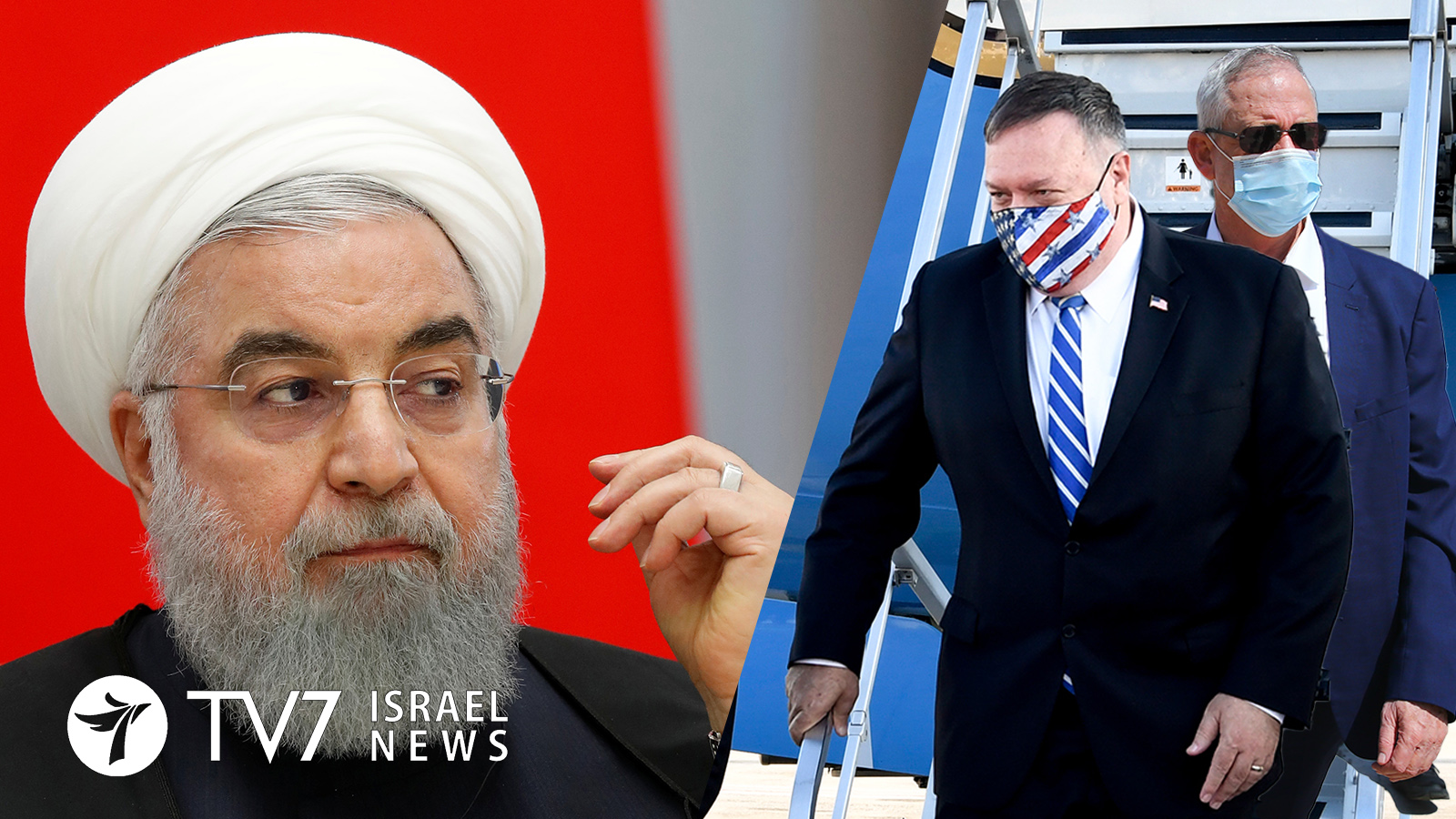The United States is stepping-up its ‘maximum pressure campaign’ against the Islamic Republic of Iran, despite blatant opposition by members of the United Nations Security Council that consequently led UN Secretary General Antonio Guterres to seemingly elude protocol.
In a letter Guterres sent to the UNSC, he admitted to having “taken no action subsequent to the (receipt) of the letter of the U.S. Secretary of State,” and “neither have any of (the Security Council) members or its president.”
Instead, the UN Secretary General explained that the majority of council members have written to the UNSC President, currently served by the Permanent Representative of Niger, “to the effect that the (American) letter did not constitute a notification” that “snapback” had been triggered.
Guterres further revealed that both the current UNSC President, as well as his Indonesian predecessor in August, “indicated that they were not in a position to take any action in regard to this matter.”
“It is not for the Secretary General to proceed as if no such uncertainty exists,” insisted Guterres, while further highlighting that the UN will not take any action “pending clarification by the Security Council.”
It is also important to mention that France, Britain and Germany sent a joint letter to the UNSC President on Friday, in which they expressed opposition to the US move while arguing that the attempt to trigger snapback sanctions “is incapable of having legal effect.”
Even though condemnation of its actions by the three European powers joins additional condemnation from Russia and China, the United States remains seemingly undeterred by the global objections. U.S. Secretary of State Mike Pompeo disclosed that the White House issued an executive order ordering enforcement of the ‘snapback mechanism.’
“Today, I will take the first action under this new executive order by sanctioning the Iranian Ministry of Defense and Armed Forces Logistics and Iran’s defense industries’ organization and its director. We’re also sanctioning the previous president of Venezuela, Nicolas Maduro. For nearly two years, corrupt officials in Tehran have worked with the illegitimate regime in Venezuela to flout the UN arms embargo. Our actions today are a warning that should be heard worldwide. No matter who you are, if you violate the UN arms embargo on Iran, you risk sanctions,” said Pompeo.
When asked about Europe’s vocal opposition to Washington’s move vis-à-vis Iran, Secretary Pompeo leveled a warning to any UN member state that fails to comply with the re-imposed sanctions regime. “By these actions, we have made very clear that every member state in the United Nations has a responsibility to enforce these sanctions,” stated the top U.S. diplomat, specifying, “That certainly includes the United Kingdom, France and Germany. We will have every expectation that those nations enforce these sanctions.”
U.S. Secretary of Defense Mark Esper, for his part, issued a warning to Tehran, vowing that “We stand ready to respond to future Iranian aggression and we remain committed to doing our part in the administration’s maximum pressure campaign.”
Iranian Foreign Minister Mohammad Javad Zarif contended that neither the latest U.S. punitive economic measures nor the reimposed UN sanctions is “anything new” or “will have any more significant impact” on his country. During an interview with American media, he said “the United States has exerted all the pressure it could on Iran. It has, it had hoped that these sanctions will bring our population to their knees. It didn’t. That’s why they withdrew from JCPOA. That’s why they started maximum pressure. That’s why they took a resolution to the Security Council. That’s why after they failed, they started the so-called process of snapback.”
In related developments, Iran topped security talks when U.S. Secretary of Defense Esper hosted Israeli Alternate Prime Minister and Defense Minister Benny Gantz at the Pentagon today.
Ahead of his departure for Washington, Minister Gantz also unveiled that discussions would focus on the crucial need to preserve Israel’s qualitative military edge.
